More than 800,000 vehicles are stolen annually in the United States, with the District of Columbia, California, New Mexico, Colorado, and Nevada recording the highest vehicle theft rate per 100,000 people in the United States. Despite the advances in technology, car thieves continue to develop new methods to target vehicles, making security an important factor when choosing what car to purchase. While no vehicle is completely theft-proof, some models are less likely to be stolen due to their advanced security features, design complexity, and lower appeal to criminals. Understanding which cars offer better protection may help drivers make safer, more informed decisions.
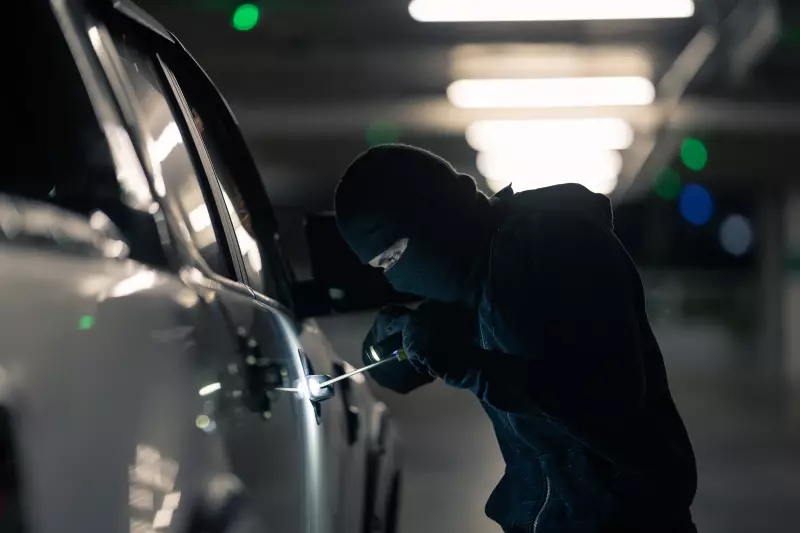
What Makes Some Cars Harder to Steal Than Others
While no car is immune to theft, not all cars are equally vulnerable to theft. Cars that are hard to steal often offer strong security features, advanced technology, and smart security designs. The use of deterrent systems, such as GPS trackers, steering lock systems, and theft alarms, especially for older cars, also makes them difficult to steal. Specifically, the following features make some cars harder to steal.
Advanced Security Technology
Modern cars often come equipped with high-level security features that make unauthorized access or ignition very difficult. These features typically include engine immobilizers, which prevent the car from starting without the correct key or signal. Another security feature modern cars come equipped with is GPS tracking, allowing owners and authorities to locate a stolen car quickly. Keyless ignition systems are also more secure when paired with encrypted digital signals, making it harder for thieves to clone or spoof keys. Some luxury models even use facial recognition or PIN-to-drive features that add a personal layer of protection. In addition, remote disabling allows manufacturers or owners to stop a stolen vehicle from being driven further.
Thieves Prefer Simplicity and Anonymity
Another factor that makes a car hard to steal is their demand level in illegal car markets and the level of the security systems factory-fitted in the car. Usually, vehicles with complex security systems or low demand in illegal markets are often ignored by thieves. Hence, high-end cars requiring advanced tools or insider knowledge to break into are typically considered too much trouble by bad actors. Also, cars with parts that are hard to strip or resell also lose appeal to thieves. In contrast, older or more common cars without advanced protection tend to be stolen more often, as they can be moved and sold with less risk.
The Hardest Car Brands to Steal (and Why)
The following car brands often include features such as GPS tracking, encrypted key systems, remote disabling, and smart alarms that make theft not only difficult but also highly risky.
Tesla
Tesla vehicles, especially the more recent models, are one of the hardest automobiles to steal. This is due to the integrated digital ecosystem, which includes the always-on GPS tracking feature that allows Tesla car owners and law enforcement to locate a stolen vehicle with precision. Typically, access to the always-on GPS tracking feature is controlled via a smartphone app using biometric authentication, rendering hot-wiring or traditional key fob cloning virtually useless. In addition, Tesla may remotely disable the functionality of its car, usually before the thief can escape the area of the incident. Consequently, many reported cases of Tesla vehicle thefts are able to be resolved quickly, with such vehicles recovered within a few hours or days.
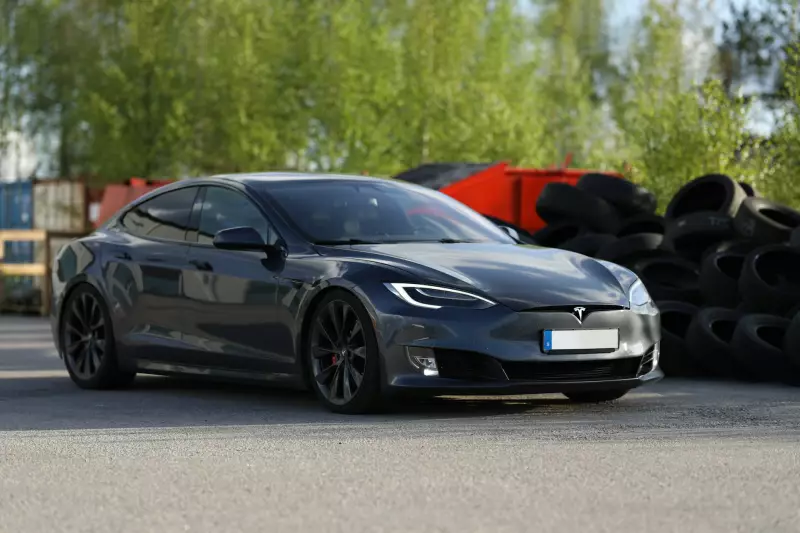
BMW
BMW enhances the security of its cars via encrypted key fobs and motion-sensing alarm system features. In their newer models, the company also adopts a digital key integration feature, which adds another layer of encrypted access control. Also, some BMW models use an interlinked immobilizer system that is designed to monitor ignition, steering lock integrity, and door access. This advanced anti-theft feature makes it difficult to bypass the ignition system without triggering an alarm.
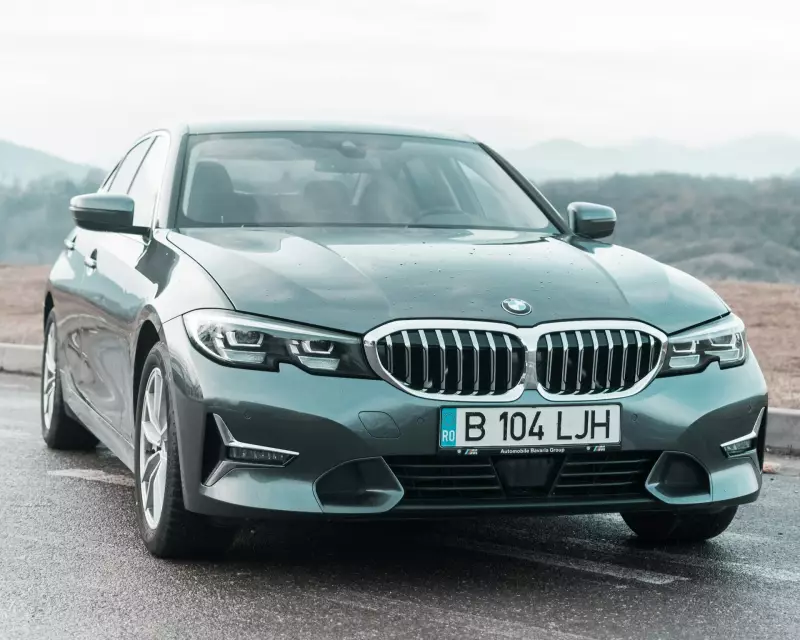
Audi
Like many cars with advanced anti-theft features, Audi vehicles usually come equipped with real-time GPS-enabled tracking systems, layered electronic protection, and smart immobilizers. These features may mean that dual digital authentications are required for many Audi cars for access and start-up. These features are designed in such a way that they coordinate with mobile apps and dealership systems in order to provide fast response alerts and shutdown capabilities.

Mercedes-Benz
There are several layers of protection in Mercedes-Benz cars, including multi-level immobilizers, anti-scan technology, and secure keyless entry systems. Some models of this brand come with RFID-secured keys, tilt sensors, and interior motion detection, making theft complex for malicious actors. Hence, thieves often avoid targeting Mercedes-Benz vehicles since bypassing their security typically requires too much time and skill, which increases the risk of getting caught.

Subaru
Subaru models such as the Forester and Outback are among the least stolen vehicles. This is because they have strong factory-installed security systems and low resale appeal in illegal markets. Some of their OEM security features include engine immobilizers and coded ignition systems. Compared to high-end and sport vehicles, Subaru cars are less targeted by thieves due to their non-flashy market appeal.
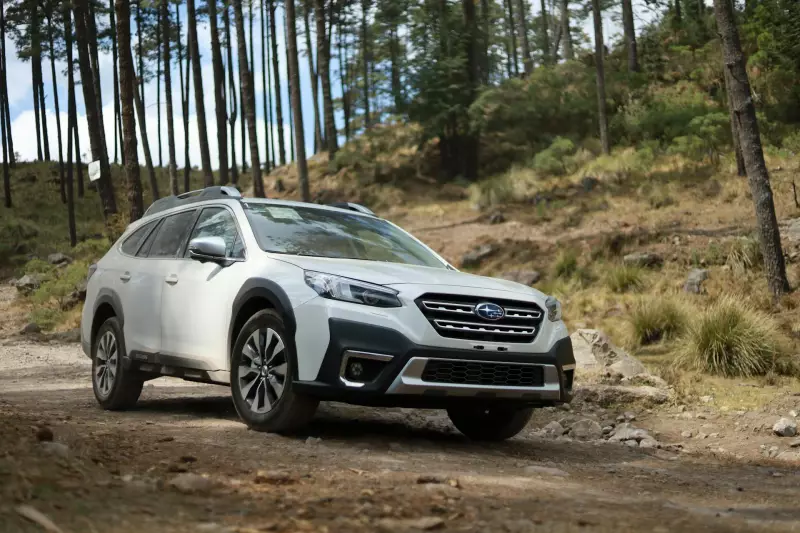
Specific Car Models Thieves Tend to Avoid
The following models are frequently cited as the hardest cars to steal:
Tesla Model S / Model 3
The Tesla Model S and Model 3 are among the most difficult cars to steal due to their constant connection to Tesla’s network, allowing for real-time GPS tracking, remote locking, and remote disabling. Since access is controlled through a mobile app with biometric or PIN verification, traditional theft methods like hot-wiring or key fob spoofing are typically not successful.
BMW 3 Series
The BMW 3 Series is often purchased for its robust anti-theft features, including encrypted digital keys, motion-activated alarms, and smart ignition locks. These systems make unauthorized entry or ignition difficult and unattractive to thieves.
Mercedes-Benz C-Class
The C-Class from Mercedes-Benz uses a sophisticated multi-level security system that includes features like keyless entry protection, RFID-secured keys, and internal sensors that detect unauthorized movement or tilting. The complexity of the security system, along with the car’s digital architecture, makes it unattractive to car thieves.
Audi A4
The Audi A4 adopts a multi-layer encryption and built-in GPS tracking system, making it difficult for thieves to gain access or steal the vehicle without being traced. Its ignition system requires valid encrypted signals to start, and may feature integrated anti-theft alerts.
Subaru Outback / Forester
The Subaru Outback and Forester are among the least targeted models, partly because of their modest resale value in black markets and their OEM-installed engine immobilizers. These features make hot-wiring nearly impossible. While popular with consumers, they lack the flash or high resale appeal that typically attracts car thieves.
Toyota Camry (2022 and Newer)
The Toyota Camry models from 2022 include important security upgrades such as standard engine immobilizers, smart key systems, and improved encryption, making it more difficult for thieves to clone keys or start the engine without authorization. Some models also offer Toyota Safety Connect, which allows the car to be tracked through GPS if stolen.

Hyundai Sonata (2022 and Newer)
Starting with the 2022 model year, the Hyundai Sonata cars now include engine immobilizers, upgraded key fob encryption, and protection. These features help prevent thieves from bypassing the ignition system easily. Also, for added security, models with Hyundai Blue Link offer location tracking and remote shutdown features.
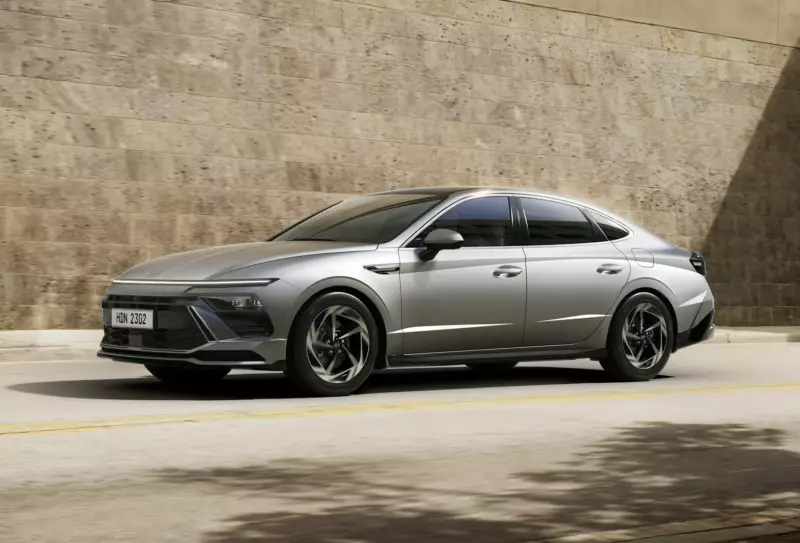
How to Protect Your Car from Theft (Even If It's Not on This List)
Regardless of the state of your car, old or new, there are practical steps you may take to reduce the risk of theft. By combining the use of the right tools and habits, you may improve your vehicle's security. Some of the practical steps you may take to safeguard your car include the following:
Use Visible Deterrents
Wheel locks, steering wheel locks, and blinking LED alarms are some of the physical deterrents that may be used to protect a car against theft. When such deterrents are visible to thieves, they may lose interest in stealing the car as doing so requires more time and effort. In addition, using a dash cam, especially one with parking mode, helps the car owner record suspicious activity and also serves as a deterrent to individuals thinking about stealing the car.
Take Advantage of Built-In Tech
Many newer model cars often come with factory-installed anti-theft features that may help car owners protect their vehicles from theft, if enabled. Some of these anti-theft features include geofencing, engine immobilizers, and mobile security alerts. These features may be available via an app provided by the car manufacturer or the car's infotainment system. Typically, these tools allow car owners to receive alerts when their cars are moved without their knowledge or started under unusual conditions.
Invest in Aftermarket Protection
If you have an old car model or your car does not come with advanced built-in protection features, you may consider adding aftermarket security devices. For instance, an aftermarket GPS tracker fitted into a car allows the car owner to locate the vehicle if it is stolen. Also, a kill switch prevents the engine from starting unless a hidden switch is activated. For cars with keyless entry, Faraday pouches or boxes may block key fob signals from being intercepted, which is a common tactic used in relay thefts.
FAQs About Vehicle Theft and Secure Cars
Below are answers to some common questions about car theft and security.
Are electric cars harder to steal than gas-powered ones?
Electric Vehicles are typically harder to steal than gas-powered cars. EVs generally come with advanced security features that allow for real-time GPS tracking, constant internet connectivity, and app-based controls. EVs such as Tesla can be remotely disabled, making it difficult for thieves to get far, even if they manage to break in.
What cars are least likely to be stolen in the U.S.?
The least stolen car models include the following:
- Tesla Model 3 and Model S
- Subaru Outback and Forester
- Volvo XC90
- BMW 3 Series
Can thieves bypass modern key fob systems?
Thieves may use relay attacks to intercept the signal from a car key fob, tricking the car into unlocking and starting. Car owners may use Faraday pouches to block the signal when the fob is not in use.
Do aftermarket alarms actually work?
Aftermarket alarms used to protect cars from theft can be effective, especially when they include loud sirens, GPS tracking, or motion detection. Although factory systems are well integrated and may also need enabling or activation by the car owner, aftermarket options can still act as a strong deterrent, particularly on older or base-model vehicles without built-in protections.
Why do thieves avoid high-end luxury cars?
Thieves often avoid high-end vehicles like Mercedes-Benz and newer BMWs because they are more difficult to steal, easily tracked, and too risky to sell or strip. These cars often come with multi-layered security systems, making them less attractive targets.
What’s the best low-cost way to protect an older car?
For older vehicles, some of the most effective and affordable ways to protect automobiles include using a steering wheel lock, installing motion-activated exterior lights, and adding a simple GPS tracker. These tools increase the risk for thieves and are usually enough to discourage a theft attempt




















